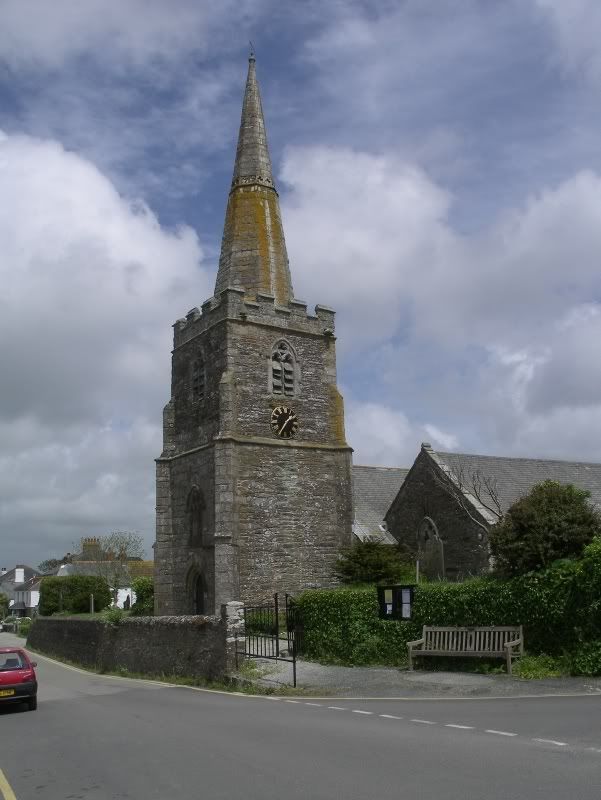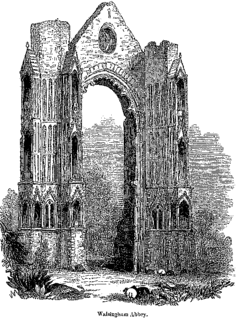
The village of Gerrens was named after King Gereint of Dumnonia, one of the knights of the Round Table:
(born c.448)
(Welsh-Gereint, Latin-Gerontius, English-Gereint)
The eldest son of King Erbin of Dumnonia. After the death of his his wife, Prince Gerren spent much time at King Arthur's Court, looking for action and adventure. It was during this period that he encountered the Sparrow Hawk Knight and came to marry Lady Enid of Caer-Teim (Cardiff), a story told in the ancient tales of "Erec (alias Gereint) and Enid" and "Geraint mab Erbin". He inherited the Dumnonian throne in c.497 (or 480) and is recorded as one of the great "Fleet Owners" of post-Roman Britain His castle was once called Caer-Gurrel or Fort of the Ship. He died fighting the Saxons with King Arthur at the Battle of Llongborth (Langport, Somerset) around 480/510. This recorded in a long Welsh poem called the "Elegy for Gereint".
A letter survives addressed to him from Aldhelm on the Easter Problem. It is clear that in the later seventh century the British in Cornwall and Devon still observed Easter on the dates that the Celtic church had calculated, at variance with Catholic practice.
Geraint is venerated as a saint, and appears in the Welsh language classic "The Mabiginion".
He was the last recorded king of a unified Dumnonia, with subsequent kings (eg Doniert, Huwell) reigned over a reducing area of influence that eventually encompassed only a part of Cornwall.
* ~ * ~ *
Another site gives us
Originally the village of Curgurrell, a 6th century Welsh king, Gerennius, settled here and changed its name. The present church of St Gerendus dates from the 13th century, though this has apparently been hallowed land since the time of Gerennius. Like many Cornish churches, its mediaeval octagonal spire acts as an important daymark to those navigating the nearby waters.



No comments:
Post a Comment